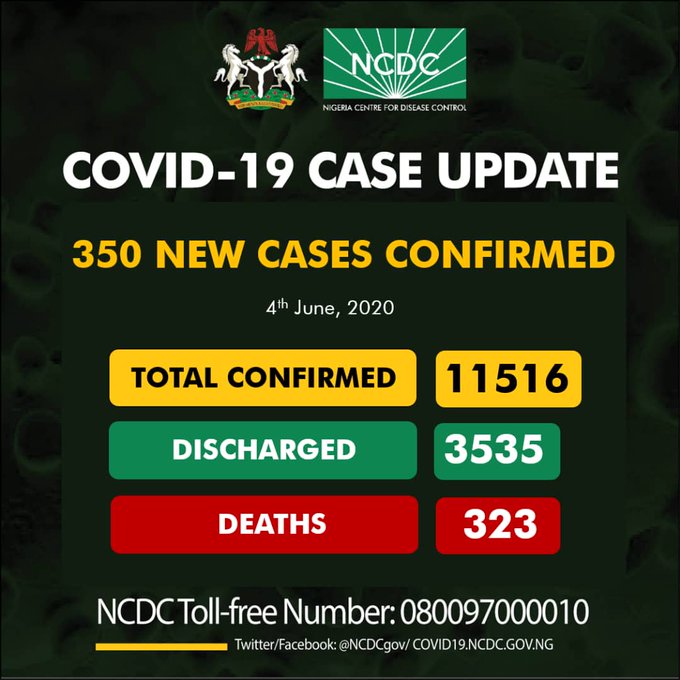The Director General of the Nigeria centre for Disease Control (NCDC), Dr. Chikwe Ihekweazu has issued a new set of guidelines for the discharge of Coronavirus (COVID-19) patients in treatment centres across the country. At the regular Press Briefing of the Presidential Task Force for COVID-19, he said that COVID-19 patients would no longer require a negative test result before being discharged.
Recall that when the whole pandemic started, the discharge criterion by the NCDC included two consecutive negative tests. Last month however the process was reviewed to one negative test. Ihekweazu, explained that, with new knowledge on the duration of the virus, it had become unnecessary to keep COVID-19 patients in treatment centres until they tested negative.
Hear him, “The two critical groups of patients are symptomatic and asymptomatic. For symptomatic patients, they may now be discharged at least 10 days after symptom onset and at least three days without symptom. So, if you are symptomatic, you can be discharged if you have had three days without symptoms in addition to at least 10 days of symptoms. If your symptoms stay longer, we will wait for longer while managing you supportively.
“If you are asymptomatic, you can be discharged 14 days after your first positive test, with confidence that you can go home and you are no longer infective and you are not putting anyone else at risk. So, we no longer have to wait for a negative test to discharge.”
He further said that medical professionals were ignoring the new guidelines due to their attachment to the previous protocols, adding that the science showed that 10 days without symptoms was sufficient to discharge patients. On post-discharge management, he noted that only asymptomatic patients would be discharged.
Again he said, “We are not suggesting that people are discharged while they are still symptomatic, so we are talking about discharging people that are asymptomatic and have recovered,” adding that the reviewed guidelines are in line with the findings of the World Health Organisation (WHO), which of course is based on a new research.





